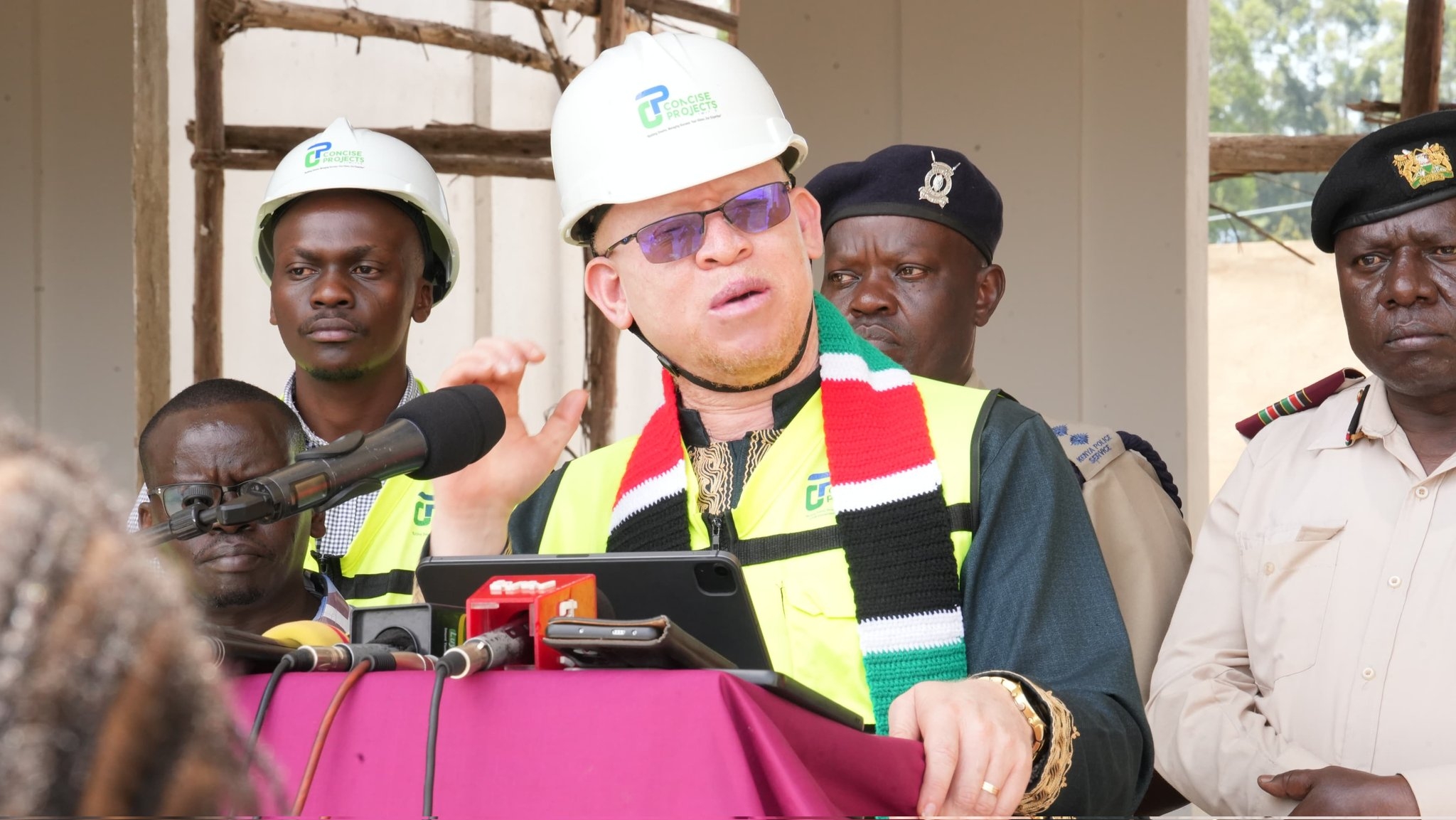
ICT CS ICT Cabinet Secretary Margaret Ndung’u on Monday presided over the launch of the UN Joint SDG programme dubbed Digital Platforms Kenya (DigiKen) which seeks to support homegrown digital platforms that create value.
DigiKen seeks to facilitate networks and exchanges of information content or products involving the most vulnerable groups in Kenya such as women and girls, youth, and communities in arid and semi-arid lands and urban informal settlements.
Speaking during the launch on Monday, CS Ndung’u
noted that DigiKen aligns with Kenya’s 2030 vision.
“This initiative is guided by the principle that no one should
be left behind. As a ministry, we continue to expand digital access by
providing the necessary infrastructure and tools to the underserved
communities,” she said.
She said the ministry is also keen to create inclusive platforms
by ensuring that there is inclusivity and safety in mind.
“From acceptable interfaces for persons with disabilities to content that speaks to the unique needs of marginalised communities, our digital platforms aim at serving everyone,” Ndung’u added.
Regional advisory for communication and information in
Africa Misako Ito said they will support 150 Micro, Small and Medium Enterprises
(MSMEs) with focus on women and youth like entrepreneurs and in the green
sector.
“By 2027, it aims to create approximately 4,500 direct jobs
and 20,000 indirect jobs. It plans to impact over two million Kenyan users of
digital platforms,” she said.
“It will also train over 20,000 government officials and
civil servants to lead inclusive and sustainable digital transformations while
ensuring the protection of human rights in digital spaces.”
DigiKen will establish 15 Digital Innovation Hubs to deliver
training in areas like digital skills, media literacy and sustainable AI
technologies.
The platform is a transformative 36-month
initiative led by the UN and a consortium of partners.
Its primary goal is to support the
development of homegrown digital platforms that can contribute to the country’s
sustainable social and economic development.
Globally, the digital platform economy is
growing rapidly, and it is estimated that by 2030, digital platforms and
networks will mediate over 30 per cent of global economic activity—roughly US$
60 trillion.
Platforms like Amazon, M-PESA, Uber and Facebook are playing an increasingly critical role in social, economic, and political processes.
















